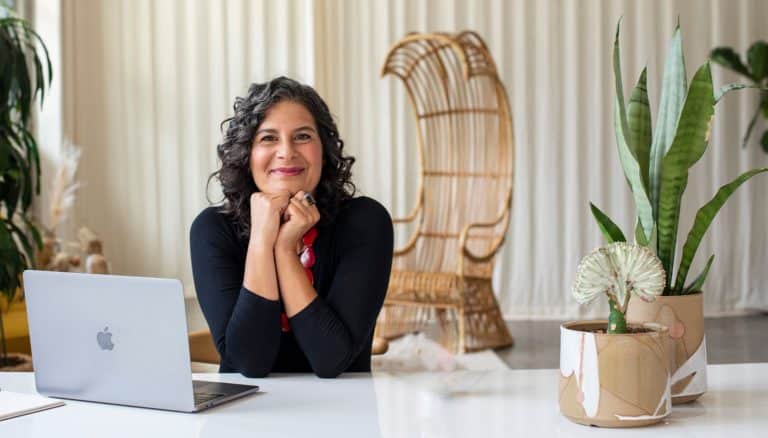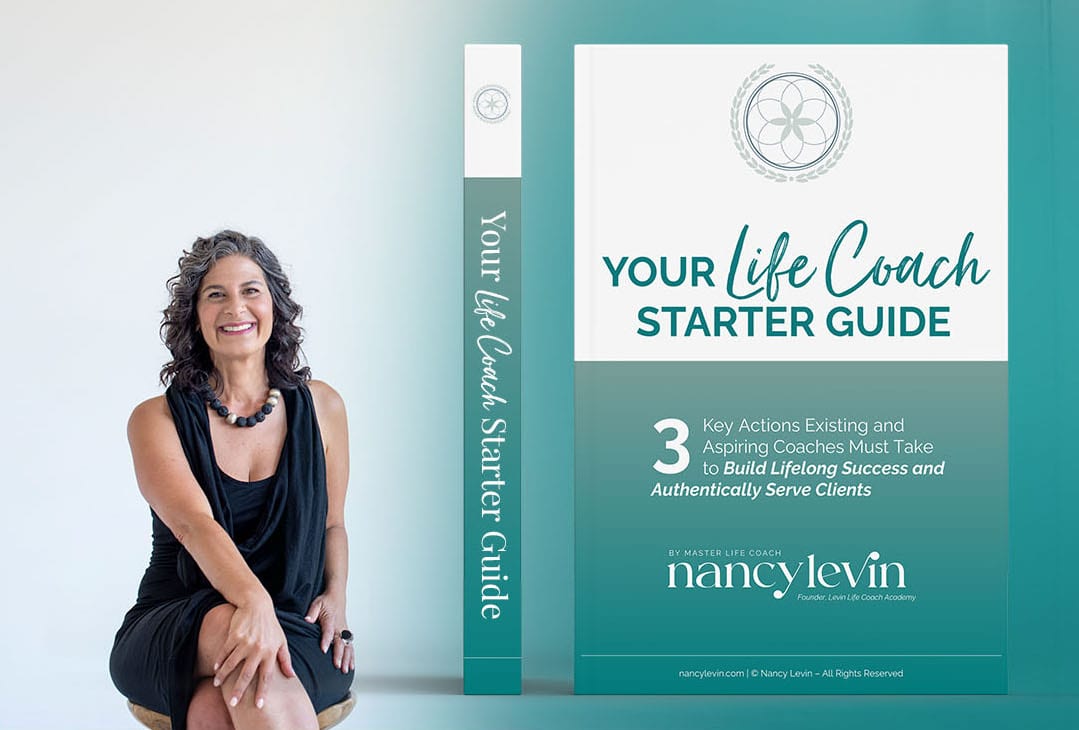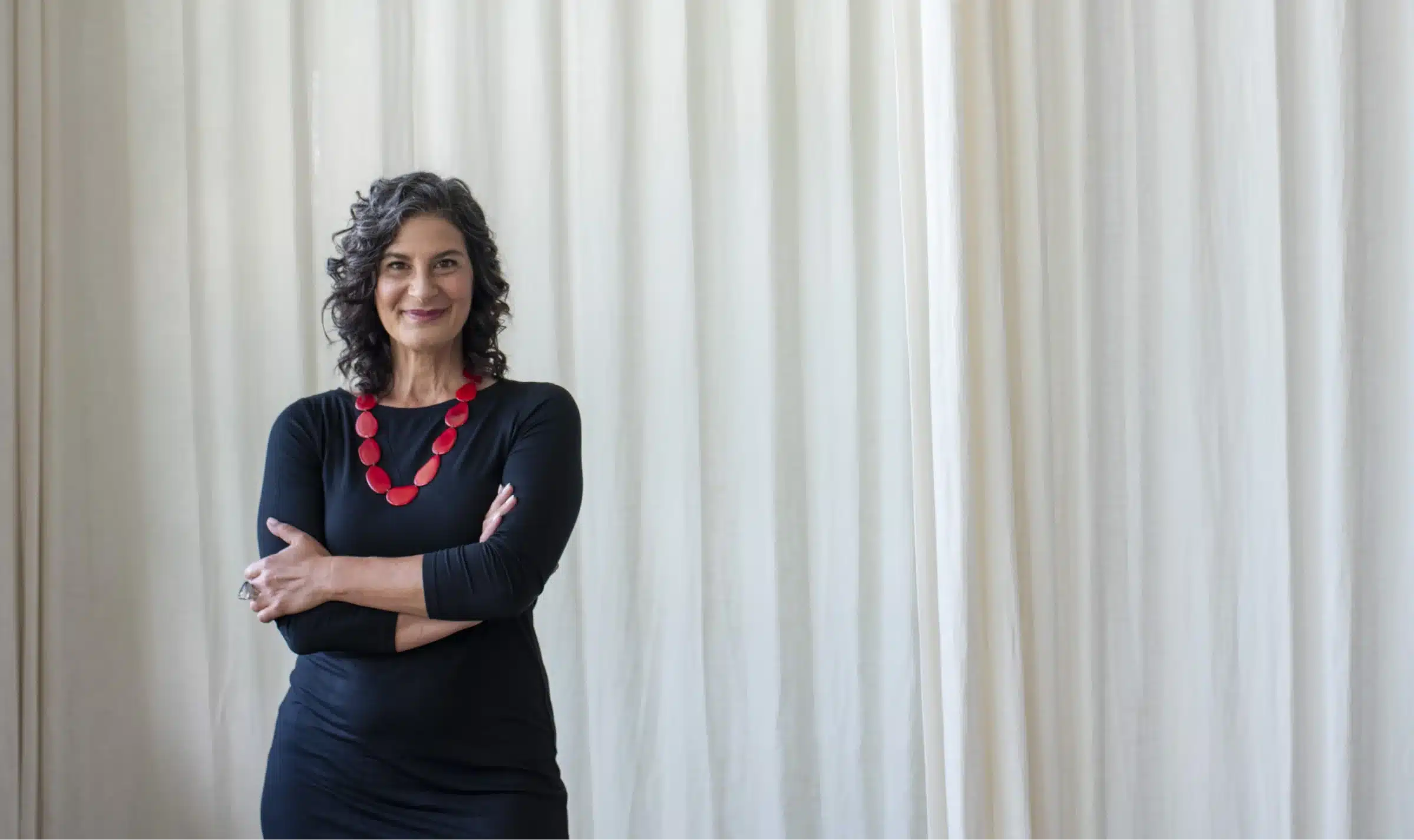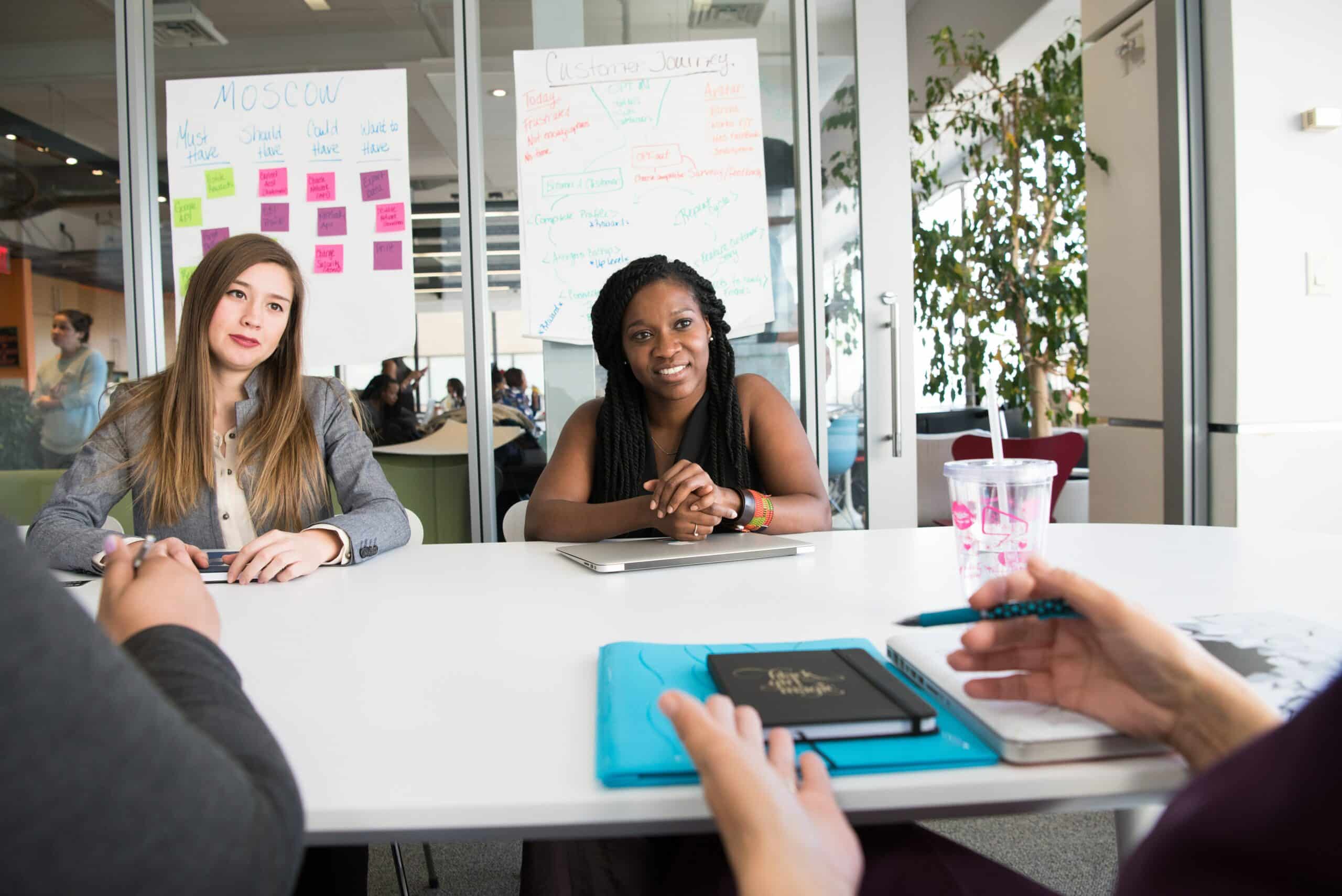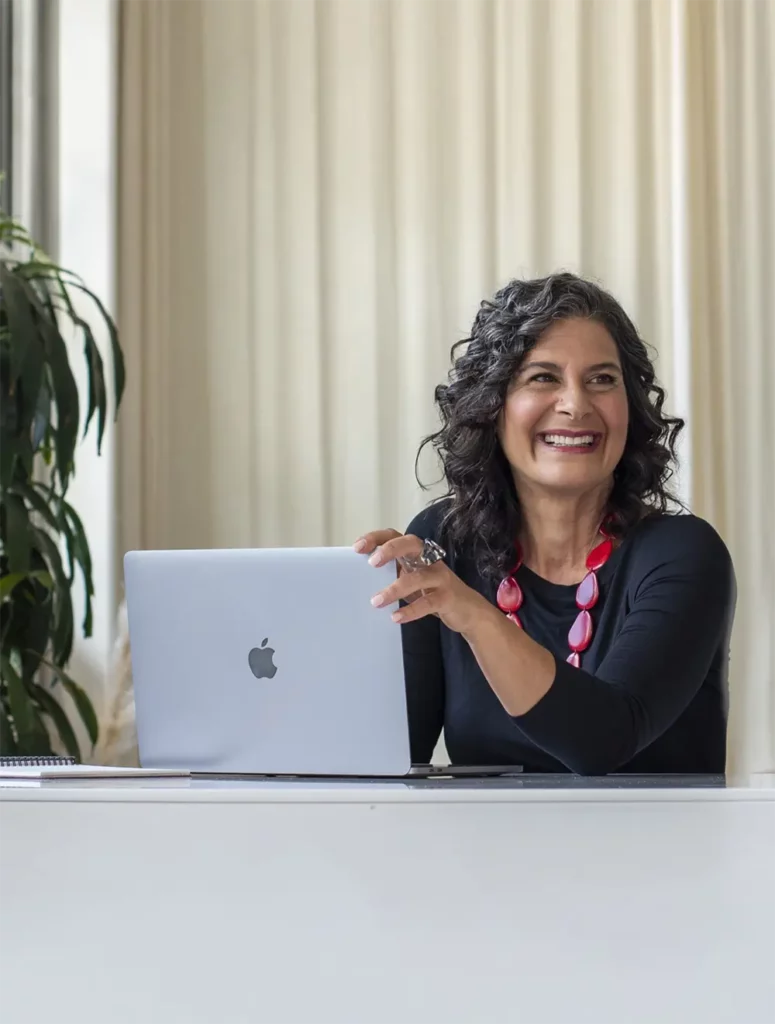When we’re young, we think the world revolves around us, so we feel responsible for everything that happens. Many of us even blame ourselves for events we had no control over, like our parents’ divorce or an adult’s lack of emotional availability. I thought it was my responsibility to try to heal my parents of a grief that I could scarcely understand. As an adult, it seems silly to think such a thing, but as a two-year-old, I believed my survival depended on it.
We’re so impressionable when we’re young that our beliefs are practically engraved on our psyches.
They’re tenacious because we created them in order to understand how the world works. We had no frame of reference for seeing the world in a different way.
In adulthood, these beliefs often remain unconscious and result in habitual and compulsive behavior. As I’ve said, they are like the directors of our lives and relationships, but they operate in an almost ghostly way, underneath our awareness. We don’t even recognize that we need to uncover them and change them.
Again, one of my beliefs was that no one would take care of me, that I had to do everything myself, and that I’d better not need anything from anyone else. The truth is that my parents took excellent care of me when I was growing up, but my false belief that I wasn’t cared for was solidified at such a young age that it stayed with me.
When we become conscious of our childhood beliefs, we often find that they’re utterly illogical and nonsensical.
Yet, if we don’t uncover and challenge them in adulthood, we continue to relate to them as facts, and they affect our relationships. Of course, some of our illogical beliefs are conscious. But we relate to them as though they’re logical.
For example, some people believe there’s no such thing as a happy marriage. Even when presented with objective proof that their belief is false, it’s hard for them to release the hold of that ingrained belief. But if you gather a group of people, the beliefs they’re holding onto will vary and contradict one another. They can’t all be objective facts, right?
Even if we understand intellectually that a belief isn’t true, it isn’t always easy to release its emotional hold.
That’s the case for me with my belief that I have to assert my independence. I know it isn’t necessary all the time, but emotionally, I still sometimes act as if it is. My laziness trigger is another case in point. I know I need to cultivate a positive sort of “laziness” in myself, making space for fun and joy and not working so hard all the time. I know I need to stop judging people for taking leisure time. But since I was convinced laziness was dangerous when I was young, overcoming this belief is an ongoing process. I have to continue to find my own version of laziness in order to have more compassion for others.
It takes work to challenge and change our false beliefs so that we can replace them with new, true ones that no longer hold us back.
As we work toward establishing our chosen beliefs in our lives, the old ones will still show up from time to time. So the more we’re able to catch ourselves falling prey to the old programming, the more we’re able to move forward in a positive way in our relationships with ourselves and others. Balance is always the goal.
If you’re ready to discover your relationship patterns and change the way you love so you can have juicy and fulfilling relationships take THIS QUIZ to find out your specific Relationship Blueprint.


